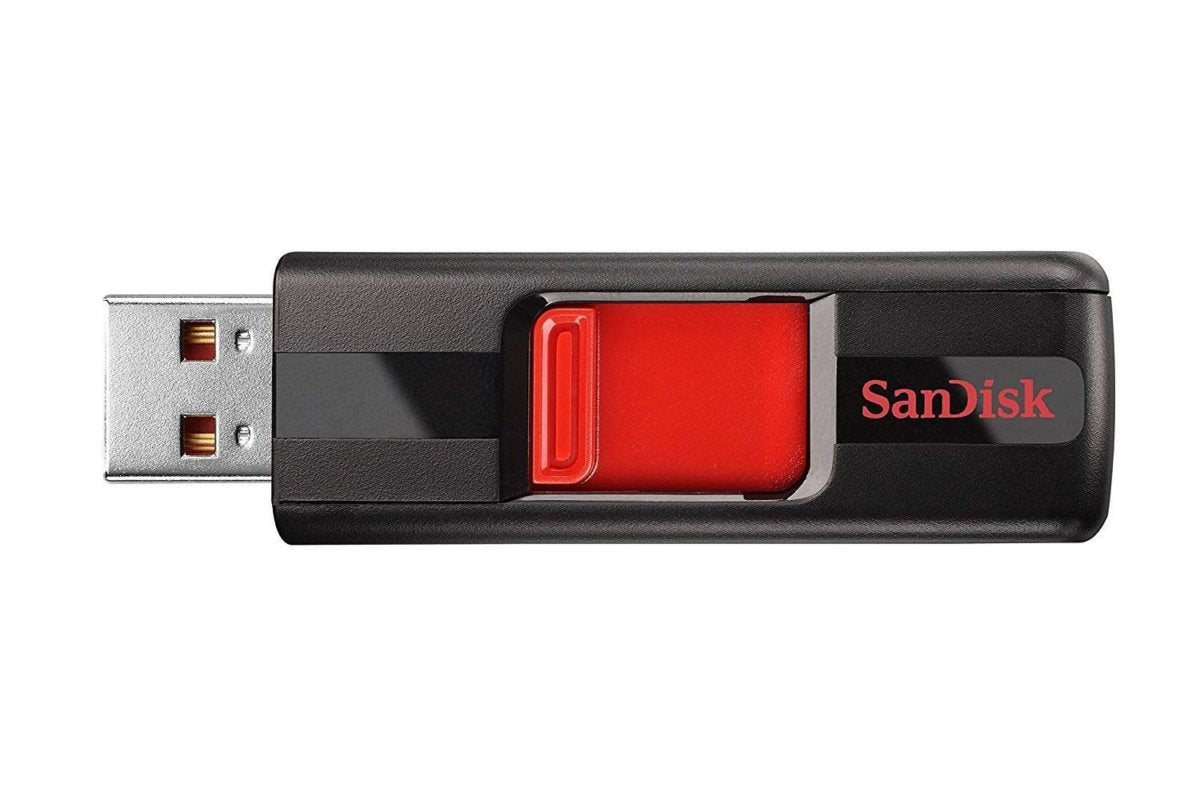GIMP is an acronym for GNU Image Manipulation Program. It is a freelydistributed program for such tasks as photo retouching, imagecomposition and image authoring.
- Drivers Dialogue Input Devices Definition
- Drivers Dialogue Input Devices Using
- Drivers Dialogue Input Devices Example
ADP125: 5.5V Input, 500 mA, Low Quiescent Current, CMOS Linear Regulator w/External Voltage Divider ADP150: Ultralow Noise, 150 mA CMOS Linear Regulator ADP5022: Dual 3 MHz, 600 mA Buck Regulator with 150 mA LDO. Deluxe Audio: 6 drivers cover a full range of frequencies for stereo sound with boosted bass, you won’t miss any of the action from in-game footprints or movie dialogue Flexible Dual Connectivity: Choose your audio source conveniently by freely switching between AUX mode and Bluetooth mode when it’s connected to a laptop via audio cable. An important sound card characteristic is polyphony, which refers to its ability to process and output multiple independent voices or sounds simultaneously.These distinct channels are seen as the number of audio outputs, which may correspond to a speaker configuration such as 2.0 (stereo), 2.1 (stereo and sub woofer), 5.1 (surround), or other configuration.
It has many capabilities. It can be used as a simple paint program, anexpert quality photo retouching program, an online batch processingsystem, a mass production image renderer, an image format converter,etc.
GIMP is expandable and extensible. It is designed to be augmented withplug-ins and extensions to do just about anything. The advancedscripting interface allows everything from the simplest task to the mostcomplex image manipulation procedures to be easilyscripted.
— GIMP Introduction
In this tutorial you can learn how to setup a tablet, which uses theevdev driver, to work with this application.
This version has been released on the 3rd of May 2012. This is thelatest stable version of GIMP which is the default version in many newLinux distributions.
This version of GIMP is equipped with a wealth of new features,including some highly requested ones. Keep reading to find out exactlywhat GIMP 2.8 has to offer you in areas such as the user interface,tools, and plug-ins.
— GIMP 2.8 Release Notes
Tablet setup
In order to make your tablet work in this application you shouldconfigure it first. Select Edit>Input devices or Edit>Preferencesfrom the menu, on the appearing dialogue select Input Devices and thenclick on Configure Extended Input Devices. On the Configure InputDevices dialogue select your device and set the Mode to Screen.
Device status
You can see the status of your devices on the Device Statusdialogue. To see it select Windows>Dockable Dialogues>Device Statusfrom the menu. In this window you can see the tool, foreground colour,background colour, brush, pattern and gradient assigned to the enableddevices.
Paint dynamics
In 2.8 the brush dynamics engine has been expanded considerably, makingalmost all aspects of the brush engine drivable by a multitude ofinputs, all of them configurable with their own responsecurve.<sup>[2]</sup> The built in pressure curves are not editable,but you can create new pressure curves which fit you more. SelectWindows>Dockable Dialogues>Paint Dynamics from the menu. On thedialogue click on the new dynamics icon. On the Paint DynamicsEditor you can select what attributes will be affected by the pressureof your pen. For example, you can set the opacity curve to be differentthan linear (see the image bellow).
Configuring multiple input devices
I have used Genius Mousepen i608X in the examples. This tablet comeswith a mouse. You may notice that on the Configure Input Devicesdialogue there is only one device, and that is the pen. Well, that was abit of luck, actually. It could happen that, as you plug and unplug yourdevice, only the mouse appears on this dialogue.
Actually this is a bug in GIMP. You can find the bug reporthere. At themoment, the only solution is using a custom-built GIMP. You can downloadthe source here.
If you comment out the first “if” branch ingimp_device_manager_device_added function inapp/widgets/gimpdevicemanager.c, like this:

static voidgimp_device_manager_device_added (GdkDisplay *gdk_display, GdkDevice *device, GIMPDeviceManager *manager){ GIMPDeviceManagerPrivate *private = GET_PRIVATE (manager); GIMPDeviceInfo *device_info; device_info = GIMP_DEVICE_INFO (gimp_container_get_child_by_name (GIMP_CONTAINER (manager), device->name)); /*if (device_info) { gimp_device_info_set_device (device_info, device, gdk_display); } else*/ { device_info = gimp_device_info_new (private->gimp, device, gdk_display); gimp_container_add (GIMP_CONTAINER (manager), GIMP_OBJECT (device_info)); g_object_unref (device_info); }}
Drivers Dialogue Input Devices Definition
For Ubuntu 12.04 you can find the building instructionhere.
Then, after building the modified GIMP, you can configure both of yourdevices:
NOTE: This modification could make GIMP unstable. Use this advice at yourown risk.
This version has been released on the 1st of February 2012. This versionof GIMP is the default in many older distributions, like Ubuntu 12.04.
Tablet setup
In order to set up your tablet, select Edit>Preferences from themenu. On the appearing dialogue select Input Devices and on the rightside click on Configure Extended Input Devices. On the ConfigureInput Devices dialogue select your device and set Mode to Screen.The following image illustrates these steps.
For more information please visit the GIMP User Manual (Chapter 11.Pimp myGIMP).
Device status
You can check the tool, foreground colour, background colour, brush,pattern and gradient assigned to the enabled devices on the Devicesdialogue. In order to display it select Windows>DockableDialogues>Device status from the menu.
For more information please visit the GIMP User Manual (5.2. DeviceStatusDialog).
Brush dynamics
Drivers Dialogue Input Devices Using
In this version of GIMP the brush dynamics configuration is verylimited, compared to version 2.8. You can only set what kind of brushproperty is affected by your pen’s pressure. In order to do this, selecta tool, for example the pencil tool, in the Tool Options. Open theBrush Dynamics area by clicking that little triangle icon next to thetext. Within the Brush Dynamics area you can set the pressure toaffect the opacity, size or the colour of the brush by clicking theappropriate check boxes.
Drivers Dialogue Input Devices Example
For more information please visit the GIMP User Manual (3. PaintTools).
You can find more information about GIMP on the officialwebsite.
